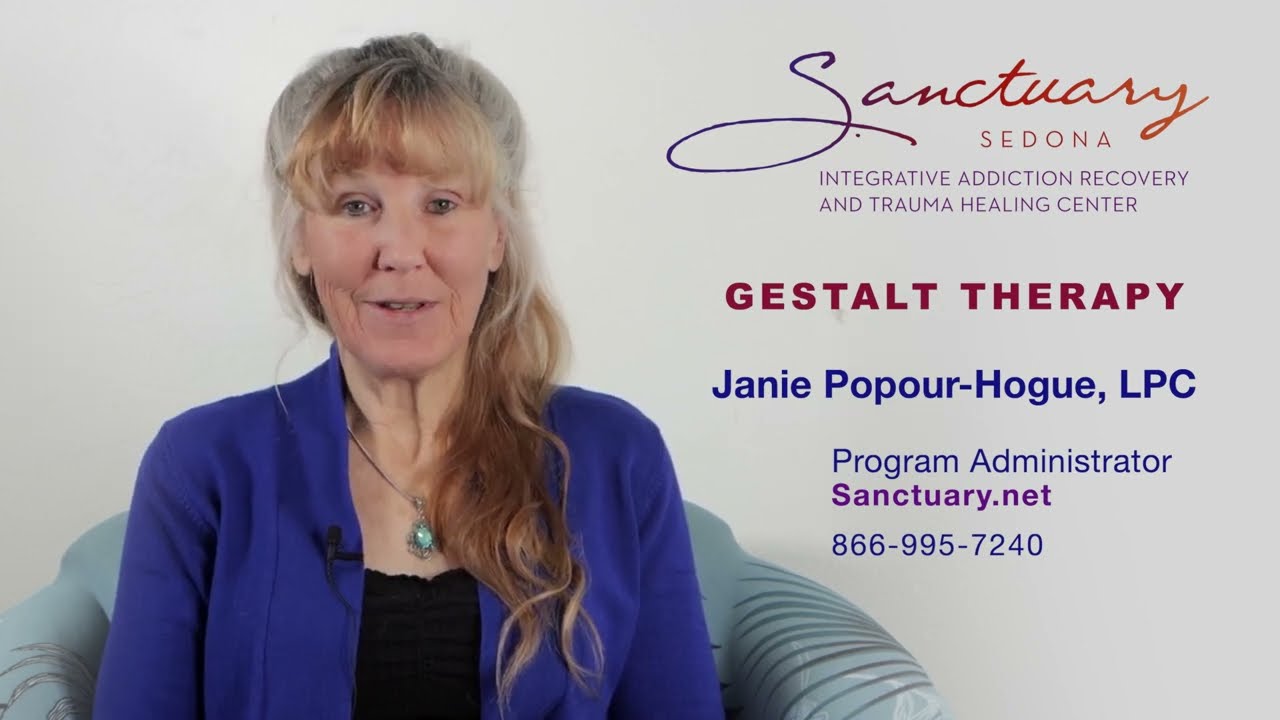Gestalt therapy is psychotherapy that focuses on increasing self-direction, awareness and freedom. You will focus more on the present moment rather than your past experiences because your current environment influences you. The goal is to help you cultivate empathy, reduce distress and accept how you feel.
As with many holistic treatments, gestalt therapy looks at the whole person — the mind, soul, body and emotions. Gestalt therapy helps you gain new perspectives on the present. Call us at (866) 750-0763 to speak with a counselor and start your healing journey.
Gestalt Therapy Benefits
Gestalt therapy offers numerous advantages for people recovering from an addiction. These benefits can include:
- Improving self-awareness and confidence.
- Increasing self-acceptance.
- Healing and coping with stress.
- Making peace with the past.
- Enhancing relationships with others.
- Decreasing anxiety.
- Improving mindfulness and mood.
- Taking accountability for your actions.
Gestalt therapy provides many benefits for individuals healing from addiction and trauma when used as part of a holistic treatment plan.
Approaches Used in Gestalt Therapy
Gestalt therapy can be completed individually or as part of a group. You will engage in several exercises or “experiments” to help improve awareness and your sense of the present. You and your practitioner may try approaches like:
- Empty chair technique: You will speak to an empty chair, visualizing yourself opening up to a particular person you feel you need to talk to. The person could be a loved one, former friend or even yourself. Opening up as if the person was listening can help you heal, even if you can’t or won’t speak to that person again. You’ll then switch chairs and respond as if you were the other person.
- Paradoxical change: This method is focused on self-acceptance and self-awareness. You will aim to become peaceful with who you truly are, which enhances your mood and helps you live in the present.
- Exaggeration technique: Your therapist will ask you to exaggerate a behavior or emotion. For example, you may think of a movement that represents your complex emotions and act it out. This practice aims to help identify the root cause of your substance misuse and address how it affects your behavior.
- Locating feelings: You may be asked to imagine where in the body your thoughts and emotions are felt. Imagining the location of your feelings can help you be more present with them.
Using “I” statements is often a big part of the approaches used in gestalt therapy. Speaking in this manner helps focus on your feelings and actions instead of others’, allowing you to take more responsibility for your behaviors.
Applying Gestalt Therapy to Addiction Recovery
Gestalt therapy can be helpful in addiction recovery because it can reframe your thinking patterns. You will learn how to stop letting past events or negative circumstances affect your behavior and how you are able to feel satisfied. Gestalt therapy improves self-awareness, decreases misperceptions of the past and helps you take responsibility for your future.

How The Sanctuary Can Help
Are you interested in gestalt psychology and want to try this holistic approach in your substance use disorder recovery? The Sanctuary at Sedona can help. We offer gestalt therapy and other holistic treatment options to help you recover. Call (866) 750-0763 to speak with a counselor today!




